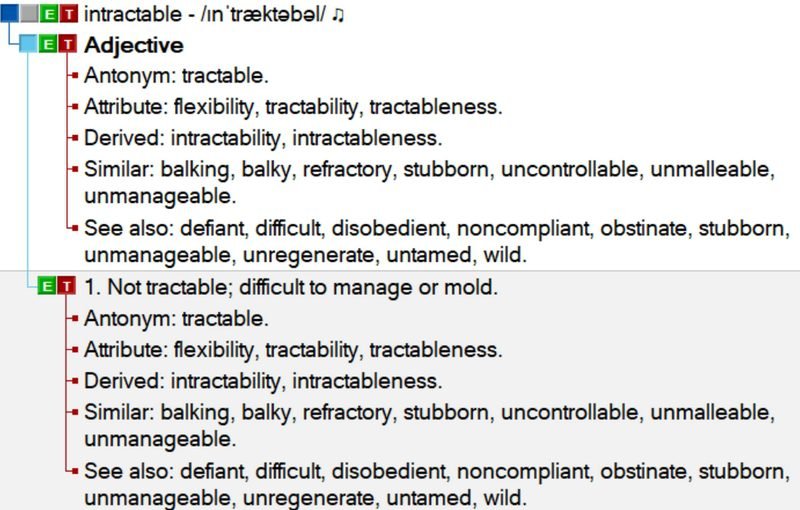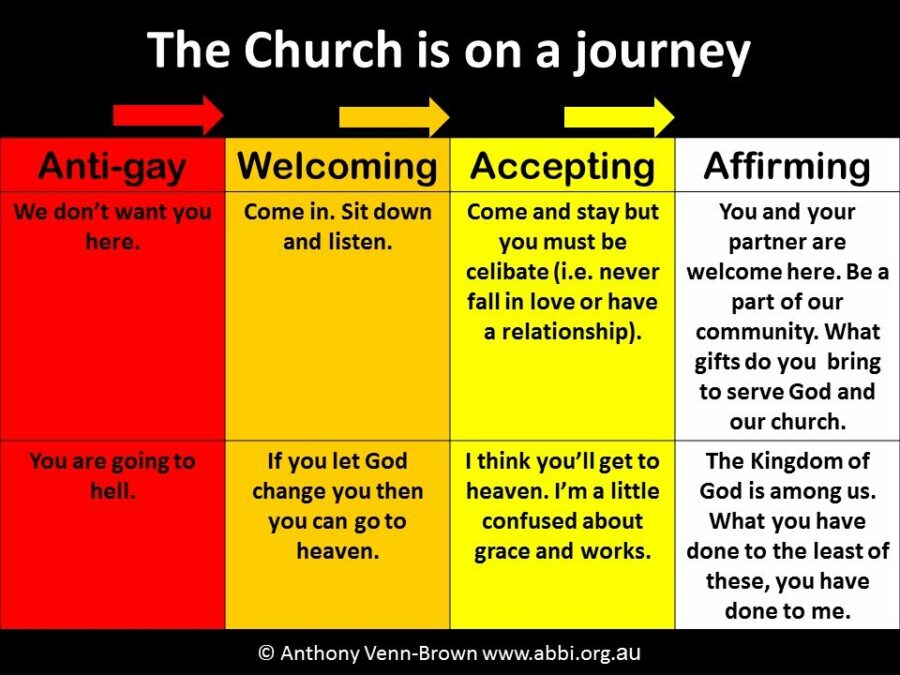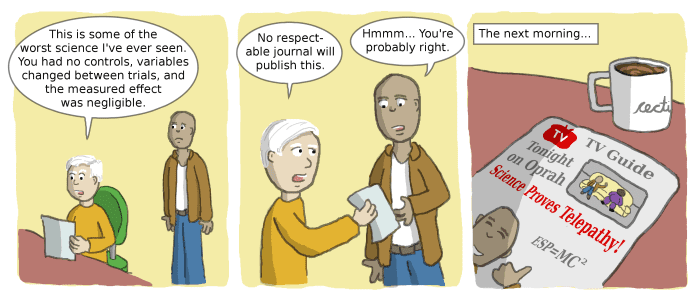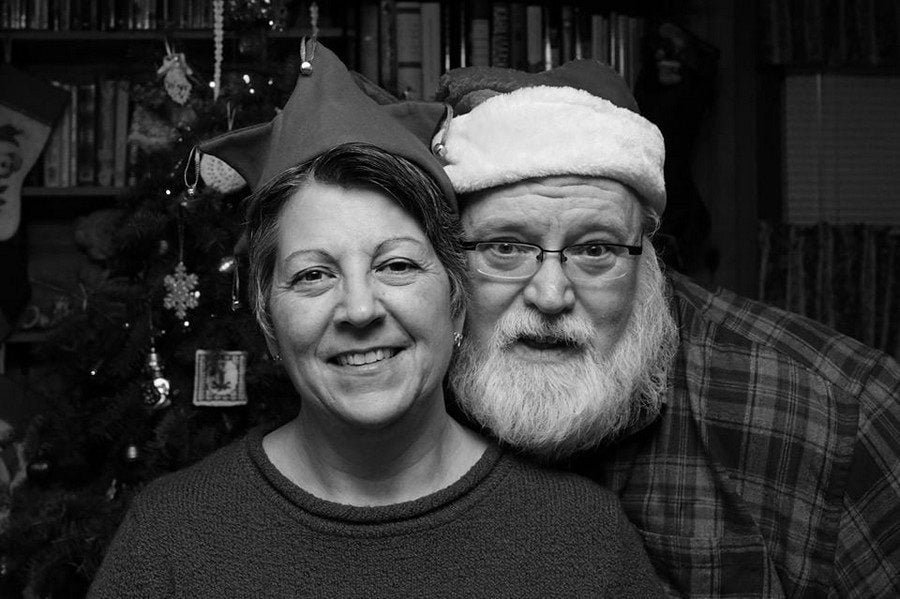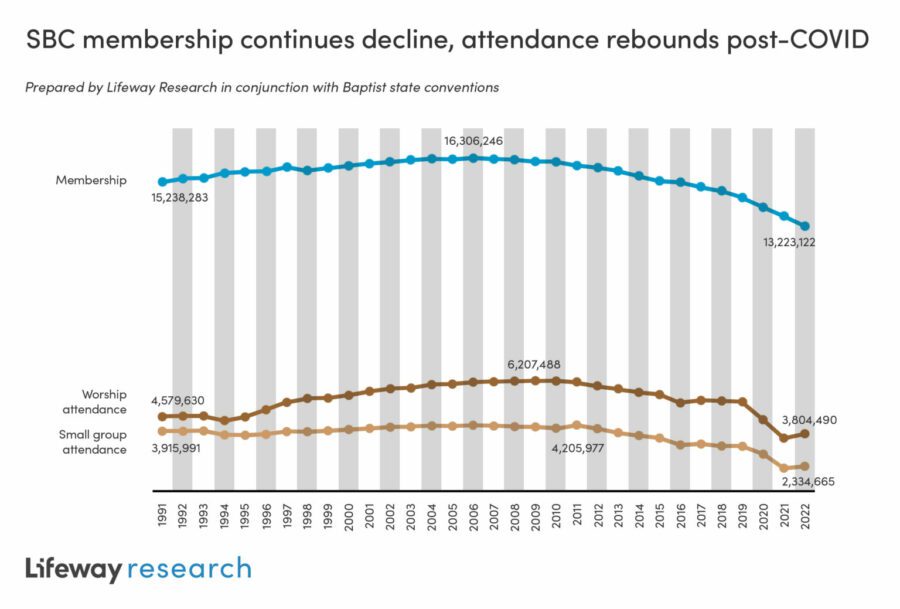
Recently, Martin Thielen, a retired United Methodist minister, asked, “Can Christianity be deinstitutionalized?”
For a growing number of modern believers, the old familiar institutional dynamics are unraveling. The doctrines are no longer relevant. The creeds are no longer believable. The traditions are no longer meaningful. The liturgy is no longer helpful. The rigid structures are no longer palatable.
What’s a Christian to do when centuries-old institutionalism no longer holds? What happens to followers of Jesus when they, like Brooks, contemplate departing the institutionalized religion of their past and face a changing world without the familiar structures that used to ground them? It can be disorientating indeed.
I’m not suggesting it’s time to throw away all the vestiges of institutional Christianity. As already noted, for many people, the old wineskins still work. But a growing number of restless believers are looking for new wineskins of Christian expression. They want less institution and more flexibility. Less certainty and more ambiguity. Less arrogance and more humility. Less doctrine and more connection. Less exclusion and more inclusion. Less focus on creeds and more focus on compassion. Less time meeting in church buildings and more time serving in the community.
In short, a lot of 21st-century believers are seeking a post-institutionalized (or at least a less institutionalized) version of Christianity.
Outside of members of sects such as the Independent Fundamentalist Baptist (IFB) church movement, who love to call themselves “old-fashioned” — meaning “we worship just like the first-century church did” — most Christians know that the Christianity of the twenty-first century bears little to no resemblance to that practiced in the first century. (Please see What Independent Baptists Mean When They Use the Phrase “Old-Fashioned.”) If Jesus and his disciples showed up for worship on a Sunday at your average Evangelical church, they likely wouldn’t recognize anything remotely similar to worship and practice in 50 CE.
In the first two centuries CE, we do not see anything resembling contemporary “Christianity” or, for that matter, “Christianity” as it was in the later ancient world, in the Middle Ages, or across human history. In the first two centuries, what we think of as “Christianity” did not exist.
For example, during the first 200 years after Jesus — and before institutional Christianity became the norm — there were:
➱No set doctrinal beliefs
➱No set structure or organization
➱No set order of church leadership
➱No set authoritative Christian writings
➱No set traditions, liturgies or sacraments
➱No set Christology
➱No set name for the movement
According to “After Jesus Before Christianity” [by Erin Vearncombe, Brandon Scott and Hal Taussig], the early Jesus movement was open-ended, fluid, noncentralized and diverse. It had no settled theological orthodoxy, no “New Testament,” no formal clergy and no established ecclesiastical structure. In short, it was not yet institutionalized.
Growth, change, and maturity are typical for human institutions. My partner and I have been married for almost forty-six years. Our relationship is very different today from what it was in 1978. The U.S. Supreme Court settles constitutional issues on behalf of the American people (at least some of them). There are two approaches to interpreting the Constitution. One approach reads and interprets the Constitution as it was originally written. The other approach reads and interprets the Constitution as a living, breathing, evolving document. Just today, the Court agreed to settle the issue of whether disgraced ex-president Donald Trump, can appear on the Colorado ballot. How the nine Court justices view the Constitution will certainly come into play and likely decide this issue.
Thielen thinks Christianity needs to return to its “original intent.” However, thanks to 2,000 years of complicated history, Christianity is far removed from its original intent. Christianity, much like the U.S. Constitution, is a “living, breathing, evolving” institution. I will be sixty-seven on my next birthday. Historically, I can see how much Christianity has changed and evolved over its twenty-one-century history. I can also see how Christianity has changed in my own lifetime. I spent fifty years in the Evangelical church. While some things remain the same as when I was coming of age in the 60s and 70s, other things have dramatically changed. Even IFB churches have changed, albeit much slower than the rest of Evangelicalism. Whatever Christian churches have become today, they look nothing like those planted by Paul and others in the early days of Christianity.
Can Christianity be deinstitutionalized? The short answer is no. I suspect Thielen knows this, and what he really desires is a less institutionalized church. However, I question if even this is possible. Once humans gather together in groups, institutionalism is sure to follow. In the 1980s, I started a youth fellowship in southeast Ohio. At its height, fifteen churches participated in the fellowship. The fellowship was organic, without officers and structure. However, over time, some pastors began clamoring for organization — complete with officers, offerings, and doctrinal/social standards. Things went south quickly when an argument broke out over Calvinism — mainly my Calvinism. It was not long after that the fellowship disintegrated and everyone went their separate ways. Why couldn’t some of these pastors leave well enough alone? In their minds, progress required organization. I, of course, disagreed.
In the 2000s, I became disenchanted with organized Christianity and started to rethink my approach to ministry. For a time, I was enamored with the house church movement. I thought, at the time, that house churches reflected the simple nature and practice of the first-century church — albeit imperfectly. However, as time went along, I noticed that the house church movement had its own institutional structures and controls. Supposedly, everyone was equal before the Lord, but it quickly became clear that some people — mainly men — were more important than others. The same cult of personality that I saw in institutional Christianity was present in a nascent form in the house church movement. (Please see The Evangelical Cult of Personality.)
I concluded that Christianity could not be rescued; that whatever first-century Christianity might have been, it no longer existed. In its place, we have countless Christianities, complete with Jesuses molded and shaped into our image. Take the average Evangelical megachurch — which is little more than a social club where likeminded people gather for entertainment from an AWESOME band and a dope, hip, designer clothes-wearing felt needs dispenser named Pastor Smooth. Do you see anything that remotely resembles the early church? Would Jesus put his stamp of approval on these multi-million-dollar monuments to “coolness” and corporate Christianity? I doubt it.
While Christianity can’t deinstitutionalize, it can try to trim the fat and excess and embrace the teachings of Jesus as found in the Sermon on the Mount. Imagine if churches committed to following the two great commands: loving God, loving your neighbor as yourself? (Please see What is TRUE Christianity?) Imagine if churches fired their pastors and told them to get real jobs, using the money spent on salaries and benefits to minister to the least of these? Imagine if churches took seriously Christ’s teachings about ministering to widows, orphans, and the poor? Imagine if church buildings became community centers, open to all? Imagine if leaders stopped writing books and traveling the conference speaking circuit, choosing to invest their time and money in laying treasure up in Heaven? The church can be better, so much so that even an atheist might look at it and say, “I see Jesus in you!” I have no confidence that this will happen any time soon — if ever. More likely, Christianity will continue to morph and change, moving farther and farther away from the early church.
Note: I am not suggesting that Christianity is “true.” As an atheist, I reject the central claims of Christianity. However, I am suggesting that as a social institution, modern Christianity is far removed from its roots, so much so that it is unrecognizable from the first century church. Christianity ain’t going away, but it sure as Hell can do better.
Bruce Gerencser, 66, lives in rural Northwest Ohio with his wife of 45 years. He and his wife have six grown children and thirteen grandchildren. Bruce pastored Evangelical churches for twenty-five years in Ohio, Texas, and Michigan. Bruce left the ministry in 2005, and in 2008 he left Christianity. Bruce is now a humanist and an atheist.
Connect with me on social media:
Your comments are welcome and appreciated. All first-time comments are moderated. Please read the commenting rules before commenting.
You can email Bruce via the Contact Form.
Original intent constitution



